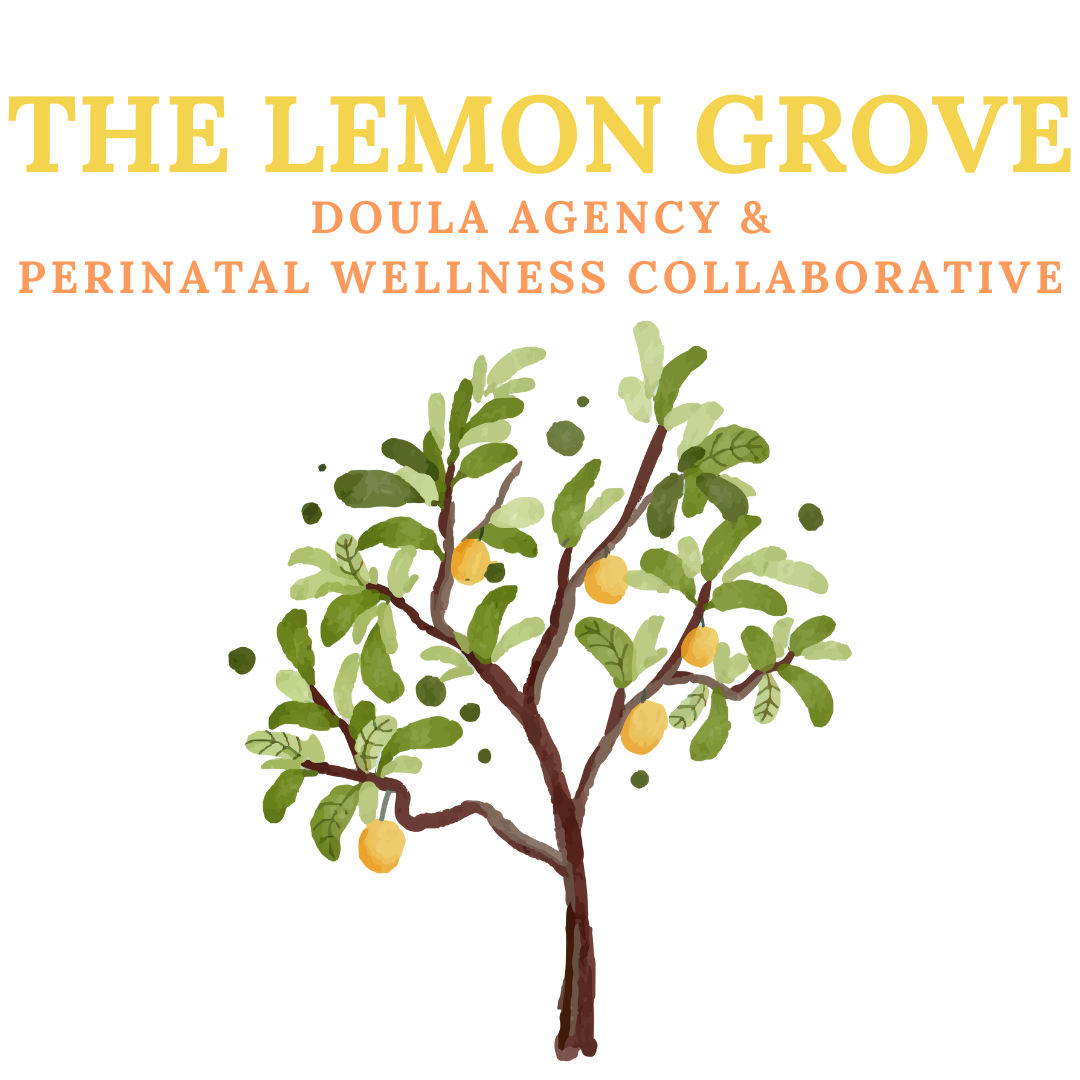Parenting without your Parent(s)
If you have experienced the death of a parent, it is natural for that grief to come rushing in when welcoming new life into your family. Whether your parent(s) died years ago or more recently, it is bound to impact your experience as a new parent. New parents already grapple with loss of sleep, loss of independence, and many others; going through that journey while grieving the loss of a parent can magnify and complicate those thoughts and feelings enormously.
As a therapist specializing in grief & loss and perinatal mental health, I often work with clients who are searching for ways to traverse this path. Below are some tools that may be helpful along the way.
Allow space for both joy and grief to exist together
This might be the hardest challenge of all. Both your joyful parts and grief stricken parts will likely have a lot to say to you during this major life transition. Listen to them both. It is okay to feel joy about the wonderful life you are nurturing. It is okay to feel heartbroken that your parent doesn’t get to witness you do this amazing thing. Some parents leave behind a complicated legacy; acknowledge the things you wish were different in your relationship. Feelings of grief and joy (and everything in between) are bound to ebb and flow and compete with each other, but they do not invalidate one another. Instead of trying to avoid the grief so you can feel happiness, or stifle the joy because you feel like you should be sad, I encourage clients to give yourself permission to just let your feelings be. Many say that grief is an expression of love; allow that love to exist with the joy of your sweet little bundle.
Reflect on what values and life lessons your parent instilled upon you
What were some of your favorite memories with that parent as you were growing up? What about those moments were so special? How did they make you feel in those moments? What values or lessons did you absorb from your parent? Maybe they reminded you not to sweat the small stuff, they modeled what it means to lead with kindness and love, or they just had a way of making you feel seen. Revisit these questions often. Then think about how you may instill these values and experiences as you raise your own child.
Talk to your baby about the parent you lost
What would your baby have called this grandparent if they were still alive? When you are ready, say that name out loud. Tell your baby about who that person was. As your child grows older, continue organically incorporating their deceased grandparent into regular conversations. Tell your child how they remind you of that person. Share stories about things they loved. Show them pictures. Involve your child in rituals that help you to honor and remember them, like cooking a favorite food on their birthday, visiting their grave or lighting a candle on their death anniversary, or displaying a special memento to honor them on a special holiday. While your little one may never meet this grandparent, that doesn’t mean they cannot know them.
Create your support network
Finding your village as a new parent is important regardless of whether or not you are grieving. It is often far easier said than done. We are communal creatures, and the idea that anyone can do it all on their own is one of the most harmful lies told to parents today. One strategy some of my clients find helpful: Think about the people in your life and divide them into three categories based on their strengths: Distractors, Doers, and Discussers. Distractors are the folks who can fill your cup; they make you laugh and feel relaxed. Doers are the people in your life who get stuff done. They will help you with your laundry, organize a meal train, and find you a fancy new water bottle so you’ll be motivated to stay hydrated. Discussers will listen to the deep stuff. They won’t try to fix it, they will just sit in the hard moments with you and bear witness to all that you share. Each of these people are so important and knowing who is who helps you effectively ask for and receive the support you need.
Navigating parenthood is one of the hardest things you will ever do, even under the best of circumstances. Navigating parenthood without one or more of your parents only makes it more complex. It is not the natural sequence of life. If at any point during your journey you think you might benefit from extra support, do not hesitate to reach out to a therapist who can help you process your feelings around this very tender time. Support is available.
Interested in connecting with others navigating a similar path? Register for a virtual workshop on Tuesday March 12, 2024 from 7:30pm-9:00pm. We’ll dive a bit deeper into this topic while offering and receiving solidarity from each other. $45 fee (scholarships available). Open to MA & NH residents. Contact Cammy by email CammyLICSW@gmail.com or call/text 978.494.0890 to learn more or register.
Cammy Adler-Roth (she/her) is a therapist specializing in grief & loss and perinatal mental health. She offers telehealth sessions to people facing miscarriage/stillbirth, infertility, pregnancy, postpartum adjustment, traumatic birth experiences, and of course loss of an important person in their life. Cammy is licensed in MA & NH.






